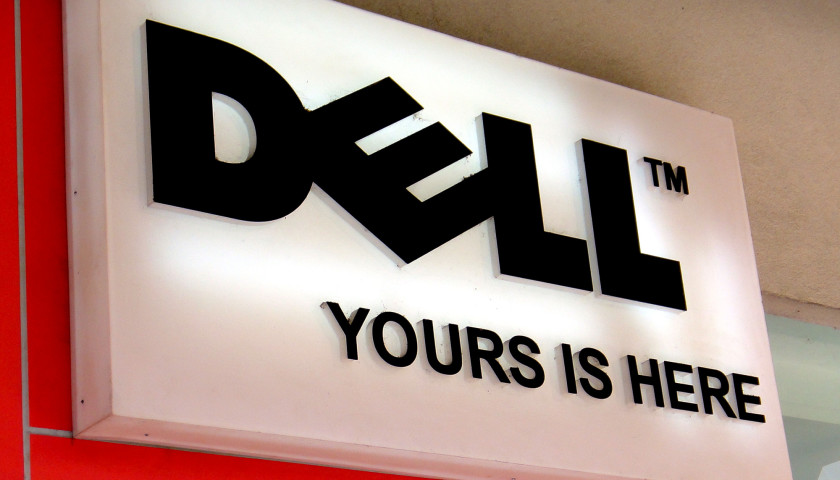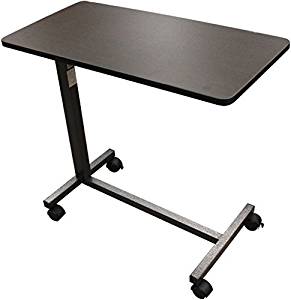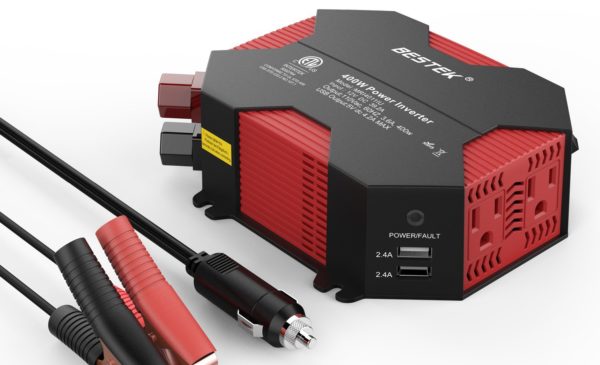Dell Facts
Dell is based in Round Rock, Texas, manufactures and markets computer-hardware. Dell’s product-line includes personal computers, servers, data storage devices, network switches, portable digital audio players, personal digital assistants (PDAs), software and peripherals (including printers) for homes and offices (including enterprise customers).
Dell History
In 1984, while a student at the University of Texas at Austin, Michael Dell began selling IBM-compatible computers built from stock components He operated under the name “PC’s [sic] Limited”.
In 1985, the company produced the first computer of its own design (the “Turbo PC”), which contained an Intel 8088-compatible processor running at a speed of 8 MHz. It advertised the systems in national computer magazines for sale directly to consumers, and custom-assembled each ordered unit according to a selection of options.
This offered buyers prices lower than those of retail brands, but with greater convenience than assembling the components themselves. Although not the first company to use this model, PC’s Limited became one of the first to succeed with it. Dell dropped out of school to run the business full-time. The company grossed more than $6 million in its first year.
Dell Timeline
In 1987, PC’s Limited set up its first on-site-service programs in order to compensate for the lack of local retailers prepared to act as service centers.
In 1988, the company changed its name to “Dell Computer Corporation”.
In 1991 Dell Computer tried selling its products indirectly through warehouse clubs and computer superstores, but met with little success, and the company re-focused on its more successful direct-to-consumer sales model.
In 1992, Fortune magazine included Dell Computer Corporation in its list of the world’s 500 largest companies.
In 1999 Dell overtook Compaq to become the largest seller of personal computers in the United States of America.
In 2002, Dell lost this position to Hewlett-Packard when HP acquired Compaq.
In 2003, Dell again regained the lead.
To recognize the company’s expansion beyond computers, the stockholders approved changing the company name to “Dell, Inc.” at the annual company meeting in 2003.
In March 2004 Dell attempted to expand by tapping into the multimedia and home entertainment markets with the introduction of televisions, handhelds, and digital jukeboxes. Dell has also produced Dell-brand home and small-office printers.
On December 22, 2004, the company announced that it would build a new assembly plant near Winston-Salem, North Carolina; the city and county provided Dell with $37.2 million in incentive packages; the state provided approximately $250 million in incentives and tax breaks.
In an effort to improve support, Dell opened a pilot-project of Dell-owned/operated technical support operating out of Edmonton, Alberta. Supporting both Dell and non-Dell hardware and software, this site has quickly begun taking over from outsourced call centers. Dell International Services functions as a support division of Dell.
Dell received a 100% rating in the third (2004) Corporate Equality Index released by the Human Rights Campaign group to evaluate gender-preference practices of commercial bodies in the United States of America.
In January 2005, the share of sales coming from international markets increased, as revealed in the company’s press releases for the first two quarters of its Fiscal 2005 year.
In February 2005, Dell appeared in first place in a ranking of the “Most Admired Companies” published by Fortune Magazine.
In October 2005, Dell International Services opened its Customer Call Center Operations in Manila, Philippines. The spoken accent of operators emerged as a customer-service issue. Some people believe that a Filipino accent more closely resembles an American accent than the accent used in India.
In November 2005, Business Week magazine publishes an article titled “It’s Bad to Worse at Dell” about the shortfallings of projected earnings and sales. Dell acknowledged that faulty capacitors on the motherboards of the Optiplex GX270 and GX280 had already cost the company $300 million.
Dell Business Model
Dell sells all its products both to the consumer and to corporate customers, using a direct sales model via the Internet or via telephone. Dell also showcases its consumer-oriented products at kiosks in major malls. Dell maintains a negative cash conversion cycle through use of this model.
Dell Advertisement
Dell advertisements have appeared on television, on the Internet, in magazines, in catalogs and in newspapers, using “special offers” to encourage sales.
A popular, widely-parodied television and print ad campaign in the USA in the early 2000s featured young actor Ben Curtis playing the part of “Steven”, a cocky, and lightly mischievous blond-haired kid, who came to the assistance of bereft computer purchasers. Each television advertisement usually ended with Steven’s catch-phrase: “Dude, you’re gettin’ a Dell!”
Ben Curtis has since been released from Dell’s employ, as he was arrested for marijauna possession outside Central Park last year. The arresting officer was heard to comment “Dude, you’re gettin’ a cell”
Dell Competitors
Dell’s major competitors include Hewlett-Packard/Compaq, Sun Microsystems, Gateway/Emachines, Lenovo, Sony, and Toshiba, among others.
Enthusiast market competition takes place with Alienware, Falcon Northwest, and other manufacturers.




